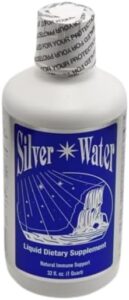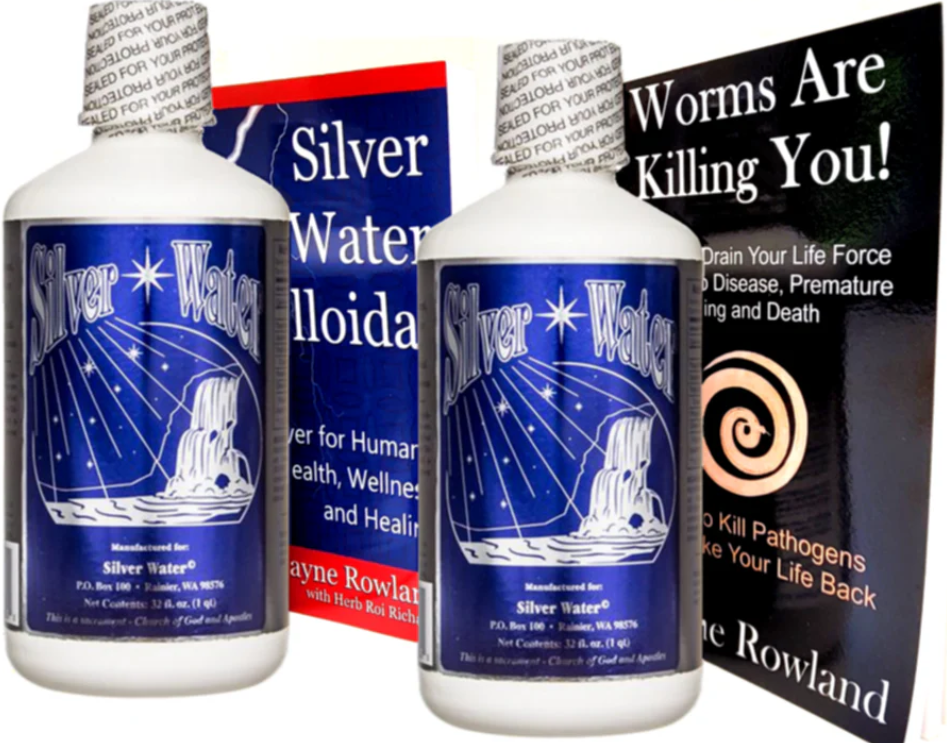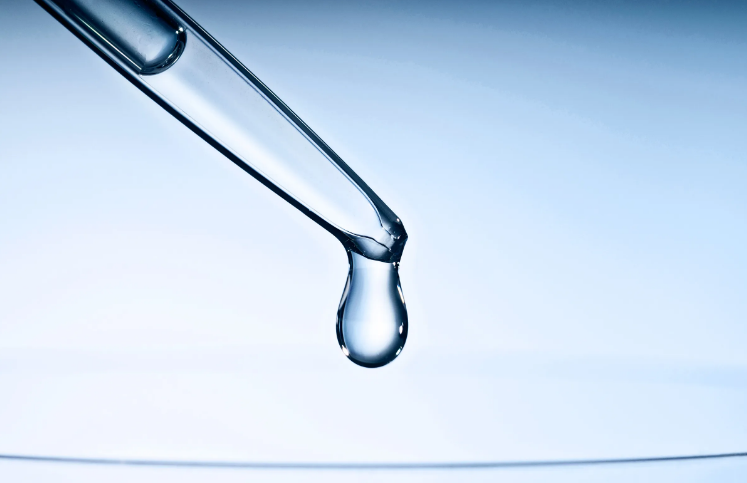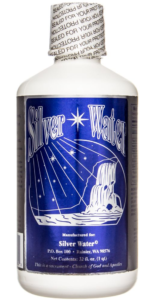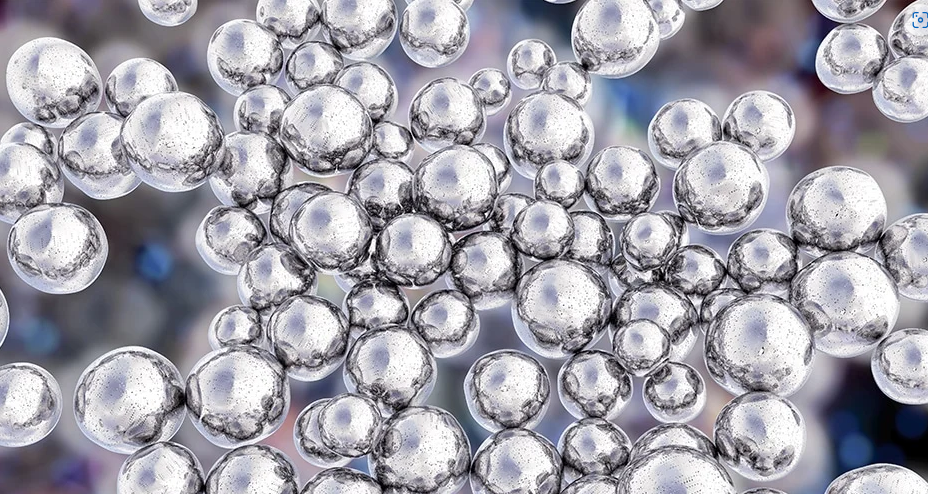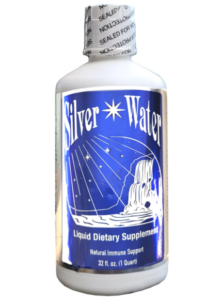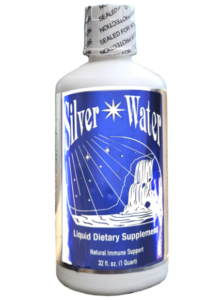For generations, people have turned to colloidal silver as a traditional remedy believed to support wellness, especially during times when the immune system needs reinforcement. Whether you’re exploring this supplement for the first time or have included it in your routine for years, using the proper amount is essential to ensure its safe and effective application. This article outlines general dosage guidelines, offers suggestions based on wellness goals, and presents a reference chart for various applications.
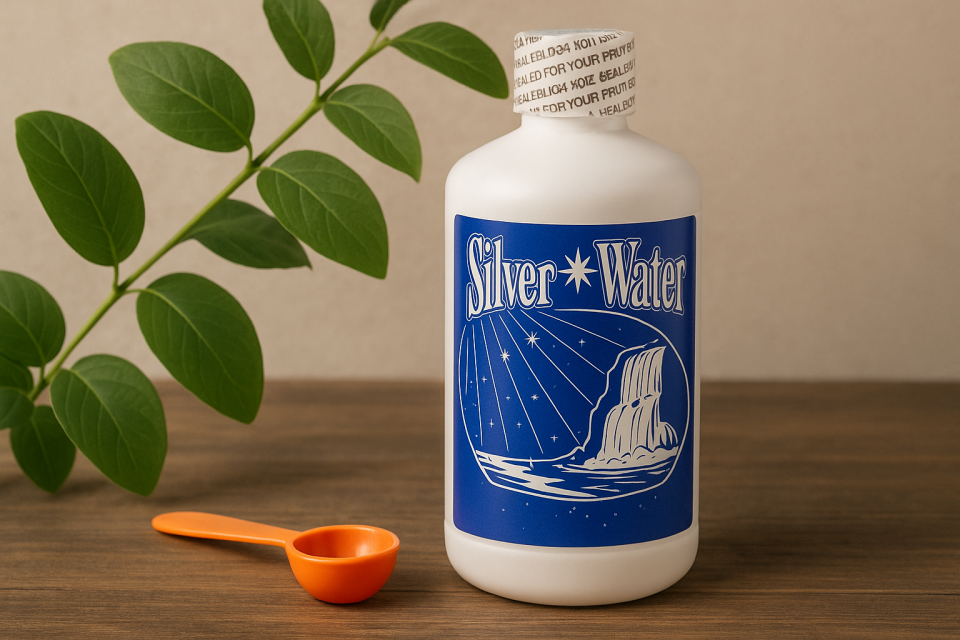
Note: This material is for educational purposes only and should not be taken as medical advice. Always speak with your healthcare professional before using any supplement.
What Is Colloidal Silver?
Colloidal silver consists of microscopic silver particles suspended in purified water. It’s commonly used in wellness routines due to its reputed antibacterial, antiviral, and antifungal properties. The strength of colloidal silver is measured in parts per million (PPM), and it’s available in a range of concentrations for different uses—including immune system support, skin health, and respiratory maintenance.
Understanding Dosage
The right amount of colloidal silver depends on several factors, including your age, body weight, overall health, and intended use. Most colloidal silver products come in concentrations such as 3 PPM, 10 PPM, or 30 PPM.
Wayne Rowland’s Silver Water is a unique version that uses Tesla coil technology and is enhanced with frequency harmonics inspired by Rife energy healing and natural Earth resonances. According to Rowland, his 3 PPM Silver Water may match or exceed the potency of other 10 PPM brands due to its vibrational tuning and energy infusion. Similarly, his 10 PPM formula is said to outperform many 30 PPM alternatives, without factoring in the potential benefits of added frequency programs.
While individual needs vary, the following charts and sections can serve as a helpful starting point.
Suggested Use Table for Rowland’s Silver Water (3 PPM)
| Condition | Dosage | Frequency | Duration |
| Daily Immune Support | 1 tsp – 1 tbsp | Once daily | Ongoing |
| Cold or Flu | 1 tbsp | 3 times daily | 7 – 10 days |
| Sinus Infections | 1 tbsp via nebulizer | 2 times daily | 5 – 7 days |
| Skin Infections | Topical + 1 tbsp orally | Daily | 7 – 14 days |
| UTIs | 2 tbsp | 2 times daily | 7 – 10 days |
| Pneumonia | 1 tbsp via nebulizer | 2 times daily | 10 – 14 days |
| Sore Throat | Gargle 1 tbsp | 3 times daily | Until symptoms improve |
General Applications and Recommendations (3 PPM)
| Use Case | Amount per Day | Duration |
| Daily Immune Boost | 1 teaspoon | Long-term (with breaks) |
| Cold/Flu Relief | 1 tbsp, 3x per day | 5–7 days |
| Sinus (Nebulizer) | 1–2 tsp per session | 2–3x per day, until clear |
| Respiratory Support | 1–2 tsp via nebulizer | Daily, as needed |
| Wound Care | Apply topically | Until healed |
| Ear Infections | 1–2 drops in each ear | Twice daily, 5–7 days |
| Eye Health (Styes, Pink Eye) | 1 drop per eye, 2x per day | 2–3 days |
| Bladder/UTIs | 1 tbsp, 2x daily | 5–7 days |
| Throat Irritation | Gargle 1 tbsp, 2–3x per day | 3–5 days |
| Skin Conditions (Acne/Rashes) | Apply directly to skin | Until cleared |
| Fungal Skin Issues | Apply directly | Daily until resolved |
| Gum and Oral Support | Swish 1 tsp, 2x daily | Ongoing or as needed |
| Digestive Support | 1 tsp, 2x daily | Until symptoms subside |
| Pneumonia (Nebulizer) | 1–2 tsp, 2–3x per day | Until clear |
Guided Overview by Condition
- Immune Maintenance
- Amount: 1 tsp per day
- Safe for long-term use; periodic breaks (e.g., 2 weeks off every 2–3 months) are often recommended.
- Cold & Flu
- Amount: 1 tbsp, 3x daily
- Duration: 5–7 days or until relief is noticeable
- Respiratory Concerns (Sinuses, Lungs)
- Method: Nebulizer
- Amount: 1–2 tsp per session, 2–3 times daily
- Until symptoms ease
- Skin Care & Wound Support
- Application: Directly on the affected area
- Use: For minor injuries, acne, or infections
- Until healed or resolved
- UTIs or Bladder Health
- Amount: 1 tbsp, twice daily
- Use: 5–7 days or until improvement
Frequently Asked Questions
Q1: Can I use colloidal silver daily?
Yes, many individuals use a low daily dose (such as one teaspoon of 3 PPM) for immune support. However, it’s best to take occasional breaks if you plan to use it long-term.
Q2: How do I choose the right PPM?
For most common uses, 3 PPM is sufficient. In the case of more intense health challenges, Rowland’s Tesla lightning-enhanced 3 PPM may offer additional benefits due to its unique properties.
Q3: Is it possible to use too much?
When used as recommended, colloidal silver is generally considered non-toxic. However, overuse—especially of poorly made, high-particle solutions—has been associated with a rare skin condition called argyria. Always follow dosage guidance and use high-quality products.
Q4: How is it used in a nebulizer?
Add 1–2 teaspoons of 3 PPM Silver Water to your nebulizer and inhale the mist for 5–10 minutes. Do this 2–3 times daily as long as symptoms persist.
Important Disclaimer
The information provided here is not intended to diagnose, treat, cure, or prevent any disease. These educational guidelines are based on anecdotal experiences and historical use. Always consult a qualified healthcare provider before starting any supplement or treatment regimen. The FDA has not reviewed or approved colloidal silver for medical use.
